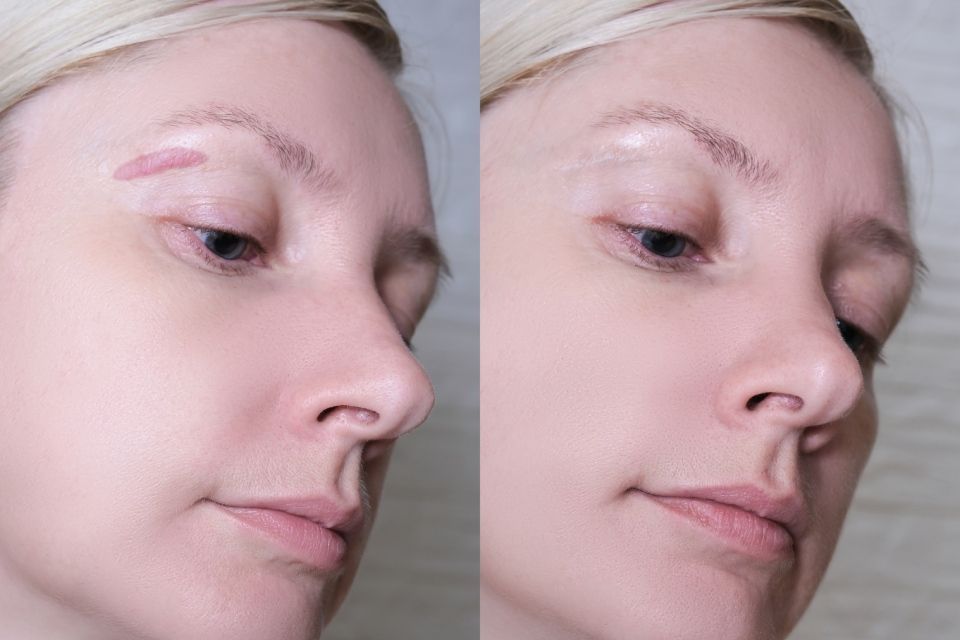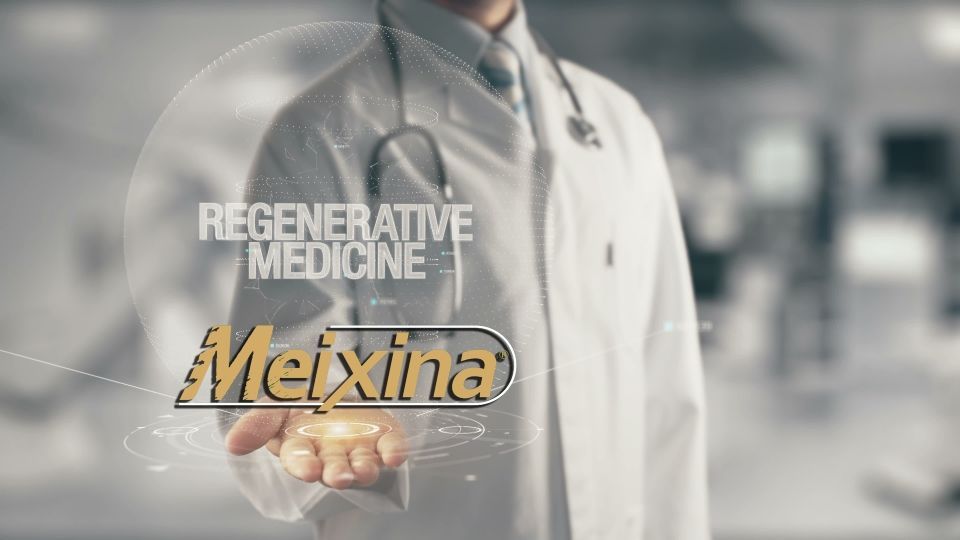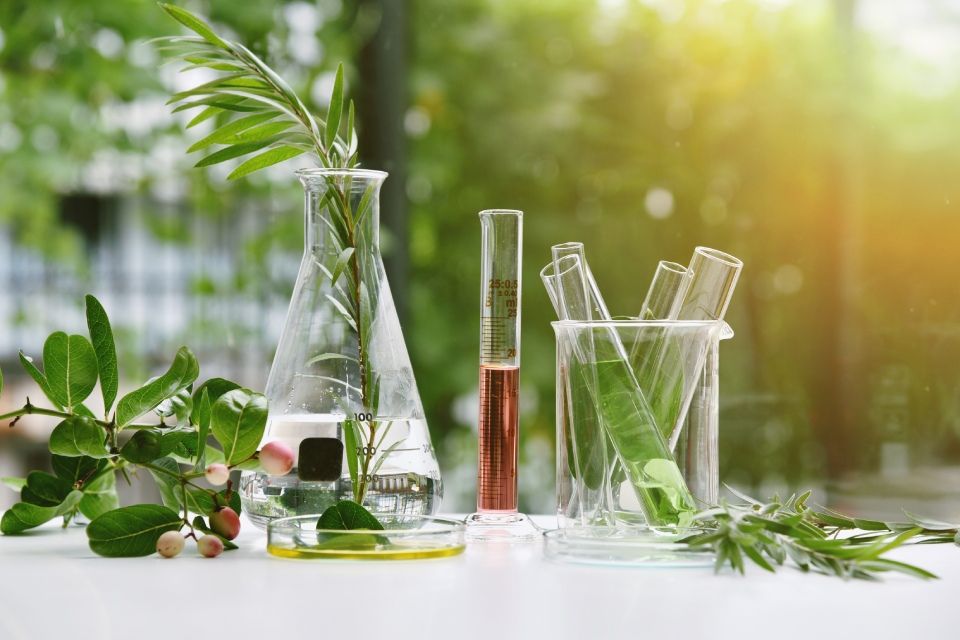A CYTOTOXIC ANALYSIS OF A SARDINIAN PLANT EXTRACT CREAM ON HUMAN ORAL PRIMARY CELL CULTURES: AN IN VITRO STUDY

Healing agents play a crucial role in supporting the body's natural healing process. In this context, an innovative study aimed at evaluating the effect of a Sardinian vegetal cream named RD7 on primary human cultures was conducted. The main objective was to analyze the morphological variations, cell proliferation and healing properties on two cell types: periodontal ligament stem cells (hPDLSC) and gingival fibroblasts (hGF), both derived from oral tissues. RD7, an interactive dressing, stands out for its phytocomplex derived from extracts of Sardinian and non-Sardinian endemic medicinal plants, with remarkable antiradical, anti-inflammatory and antiseptic activity.
In this article we will analyze in detail the study that was conducted on this particular extract.
Cellular Concentration and Response: In-depth Analysis on HPDLSC and HG
The experimental protocol involved incubating cells at different concentrations of RD7 (0.5, 1, 2.5, and 5 mg/ml) to assess their response. Evaluation methodologies included colorimetric tests (MTT assay) and trypan blue exclusion tests for cell proliferation and viability, while optical and scanning electron microscopes provided information on morphological changes.
The results revealed a decrease in cell growth at high concentrations (2.5 mg/ml and 5 mg/ml) starting from 24 hours of incubation. This reduction was correlated with evident morphological changes, while lower concentrations (0.5 and 1 mg/ml) maintained a typical morphology. Furthermore, the wound healing test showed complete wound closure after 24 hours of treatment with low concentrations of RD7.
RD7: a promising clinical option for tissue regeneration
The analysis of the results suggests that low concentrations of RD7 not only do not show cytotoxic effects, but also stimulate cell proliferation and contribute to the induction of migratory properties in hPDLSC and hGF. These results pave the way to consider RD7 as a potential product to be incorporated into clinical practice to promote tissue regeneration. The innovative approach of this study provides a significant contribution to the understanding of the effects of Sardinian plant extracts on human cells, promoting research towards increasingly effective solutions in the field of regenerative medicine.

PATENT N. 1412533: Sedum Caeruleum extract for therapeutic and/or cosmetic use





